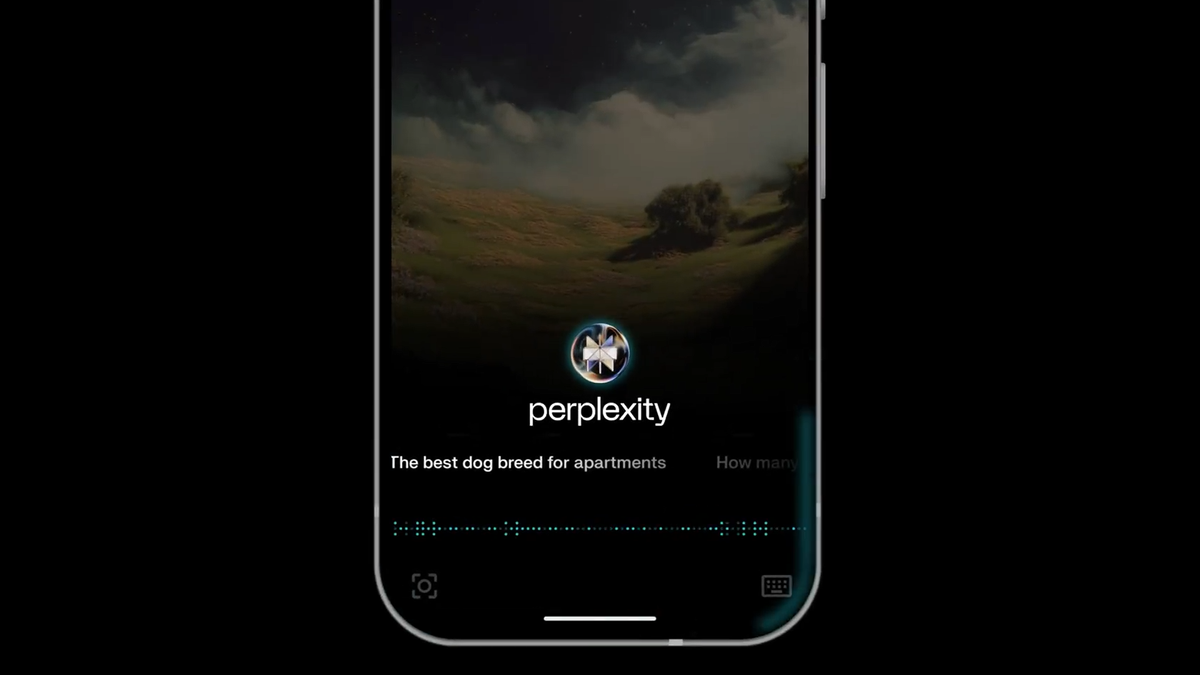The Unified Lateral Controller
The algorithm that handles all of that is called the Unified Lateral Controller. "So it's a single software stack, but it is also modular to adapt with different vehicle configurations, with different driving scenarios, different maneuvers," Zarringhalam said.
"Let's imagine that you're driving a Super Cruise vehicle, and you indicate to the left, or the system automatically decides to make a lane change to the left, and then, for whatever reason, the driver decides that they want to go back, mid-maneuver; they want to go back to the original lane. So you can just indicate to the opposite side, in this case, the right-hand side. Under the hood, in this scenario, everything is jumping. Our target trajectory is jumping from a left-lane maneuver to a right turn. The turn can be very sharp. There could be other objects that narrow the envelope of operation that you're allowed to function in," Zarringhalam said.
Again, that behavior has to be consistent and predictable, whether it's below freezing or in the middle of a heatwave, and things like tire wear must also be taken into account. Or, say, the presence of a trailer, which could be anything from a bike rack with wheels to a three-axle trailer.
"As soon as we detect that the trailer is attached, we run several real-time algorithms—trailer inertial parameters, trailer math, trailer configuration, even how many axles we have, and the control adapts itself to execute lane turning and keep both the vehicle and the trailer at the center of the road," Zarringhalam said.
That's done automatically without the driver having to input the information (obviating the problem of someone entering the wrong details), "and if you change the loading or the trailer configuration, even mid-drive—if you pull over, load more weight and continue driving on the same road with Super Cruise active—these learnings happen in a matter of seconds," Zarringhalam said.



/cdn.vox-cdn.com/uploads/chorus_asset/file/23923974/acastro_STK072_04.jpg)





 English (US) ·
English (US) ·